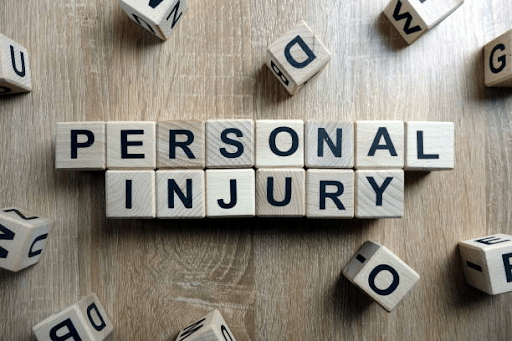Insurance is often a key component when you’re involved in a personal injury case. Whether it’s your insurance company or the at-fault party’s insurer, insurance significantly compensates you for injuries and damages. However, it’s not uncommon for insurance disputes to arise during the claims process.
Listed below are the essential steps to take when facing insurance disputes in personal injury cases, helping you know your rights and protecting your interests.
- Report the Incident ASAP
The first step in any personal injury case is promptly reporting the incident to your insurance company. If you were hurt due to someone’s negligence, report it to their insurance company. Timely reporting is crucial, as insurance companies often have specific deadlines for filing claims.
Be concise and factual in your report, providing essential details while avoiding making statements that could be used against you later.
- Document the Scene and Injuries
After an accident, gather as much evidence as possible. Take photos of the accident, your injuries, the others involved, and any property damage. Collect contact information from witnesses, as their statements may be valuable in disputes. Detailed documentation can strengthen your claim and provide evidence if the insurance company challenges your account of the incident.
- Seek Medical Attention
Even if your injuries initially seem minor, seeking medical attention promptly is essential. Some injuries don’t show symptoms right away, but could worsen over time. A medical evaluation ensures your well-being and creates a record of your injuries, linking them to the accident. This medical documentation is critical when dealing with insurance disputes.
- Consult with an Experienced Personal Injury Attorney
When insurance disputes arise, consulting a knowledgeable personal injury attorney is wise. And the Whitley Law Firm may be able to help. An attorney can assess your case, help you understand your rights, and provide valuable guidance. They can speak privately with the insurance companies and negotiate a fair settlement. If necessary, they will also fight your case in court.
- Review Your Insurance Policy
Understanding your insurance policy is crucial when navigating insurance disputes. Familiarize yourself with the terms, coverages, and limitations of your policy. Pay close attention to any deadlines for filing claims and reporting incidents. Knowing what your policy covers can help you advocate for your rights effectively.
- Keep Detailed Records
Maintain a comprehensive record of all documents related to your case. This includes medical bills, records of doctor visits, prescription receipts, correspondence with insurance companies, and any other relevant paperwork. Keeping organized records ensures you have all the necessary documentation to support your claim and dispute any challenges from the insurance company.
- Exercise Caution When Interacting with Insurers
When interacting with insurance providers, exercising caution in your communication is crucial. Refrain from making statements that might be misconstrued as acknowledging liability or minimizing the extent of your injuries. It’s typically advisable to seek guidance from your legal counsel before providing any statements to insurance adjusters.
This ensures that your responses align with your best interests and the facts of your case.
- Explore Alternative Paths to Resolution
There are instances where exploring alternative paths to resolve insurance disputes can offer more streamlined solutions. Mediation or arbitration allows both parties to arrive at a settlement outside courtroom proceedings.
Engaging in these alternative dispute resolution avenues is a consideration worth discussing with your legal representative. Your attorney can evaluate the suitability of these options in the context of your specific case, helping you make an informed decision on the most effective course of action.
- Be Prepared to Go to Court
While many insurance disputes get solved through negotiation or alternative dispute resolution, some cases may require going to court. Your attorney will advise you on the best course of action based on the specifics of your case. Being prepared to go to court demonstrates your commitment to pursuing fair compensation for your injuries.
- Maintain Patience and Persistence
Insurance disputes can sometimes be prolonged processes. It’s imperative to maintain patience and persistence throughout the proceedings. Be prepared for the possibility of back-and-forth negotiations and responses from insurance companies.
Remember that your commitment to a fair settlement can lead to a more favorable outcome. Your attorney will help you navigate these challenges and guide you toward a resolution that aligns with your best interests.
Always Protect Your Rights in Insurance Disputes
Insurance disputes can be complex and challenging, but following the proper lawsuit steps can help protect your rights and increase the likelihood of a fair resolution. Reporting the incident promptly, documenting evidence, seeking medical attention, and consulting with an experienced attorney is essential when facing insurance disputes in personal injury cases. By staying informed and advocating for yourself, you can work toward success in your claim.







